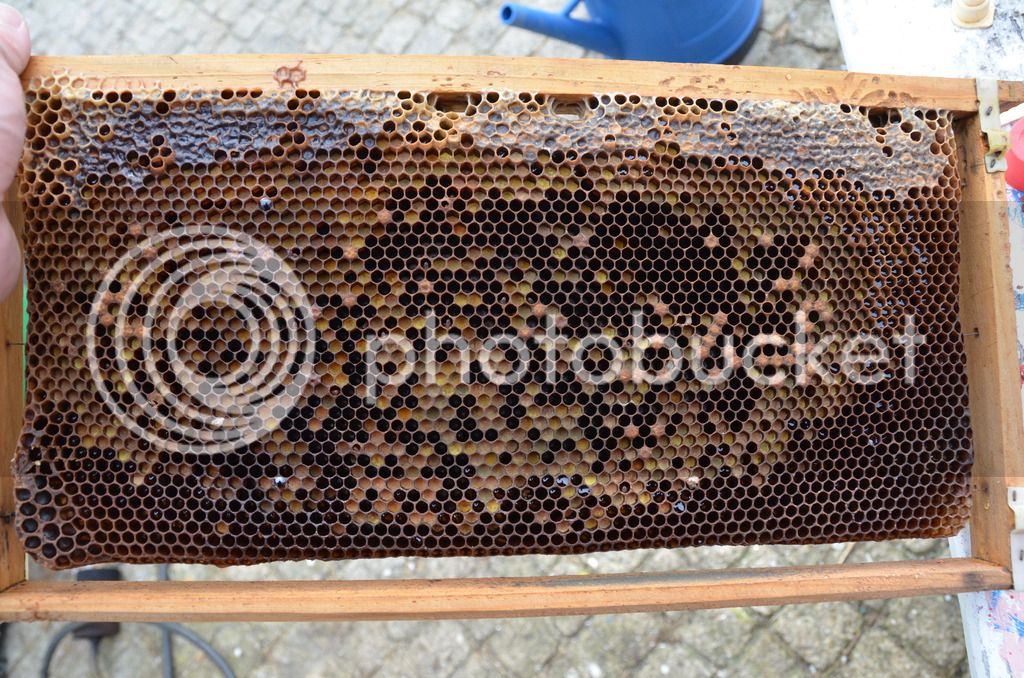- Joined
- Jun 18, 2011
- Messages
- 6,479
- Reaction score
- 392
In the UK the pattern of AFB incidence, i.e. isolated with no reccurance, suggest that the infections are now from imported contaminated honey according to a source in the NBU.
Thus unless we can persuade the general public to wash out their jars of honey before disposal, or impose a total ban on imports of honey, we will have to live with the levels of AFB we have.
Thus unless we can persuade the general public to wash out their jars of honey before disposal, or impose a total ban on imports of honey, we will have to live with the levels of AFB we have.





